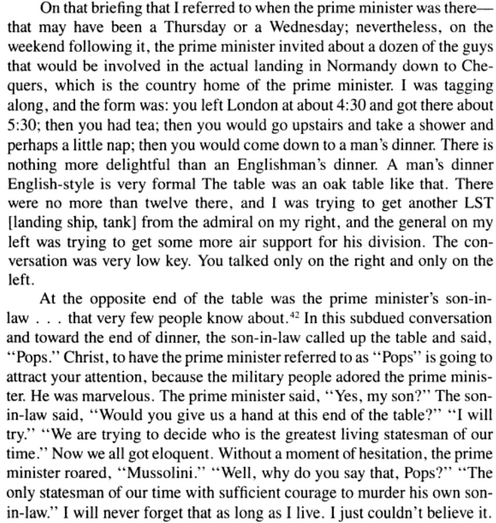
Here’s an important podcast with Hany Farid (transcript), definitely worth a listen for anyone interested in the facts related to Apple’s client-side scanning for child sexual abuse material (CSAM)
In this Safeguarding Podcast with Hany Farid, Professor at the University of California, Berkeley: PhotoDNA, what is is and how it works, what PhotoDNA doesn’t do, what are Hashes and do they work in an End-to-End Encrypted world, is Apple’s NeuralHash child safety proposal the incipient slippery slope as many claim, Apple’s Secret Sharing Threshold and why that’s a problem, and “WhatsApp’s hypocrisy”.
Keep in mind when listening to (or reading) this podcast that the very big and primary difference between decades of client side scanning of mobile devices for viruses, and Apple’s new proposal to scan for CSAM is… the latter benefits children (society in general) whereas the former benefits mainly a device owner (with some secondary benefits to society).
Farid repeatedly visits allowing the latter and not the former as a form of hypocrisy without pointing to the ugly underlying cultural motive (selfishness).
In other words, what if I told you a primary objection to Apple’s CSAM seems rooted in American political thinking (e.g. techno-political-extremism denying children rights) that wants to block power from being used to protect the most vulnerable in society (e.g. sad history of America’s unique tipping culture)?
This is exactly why Holland and the UK (with high levels of female participation in the political process) can successfully run technology-aimed regulation campaigns like “stop killing our children”, whereas in the US male-dominated government constantly tries to legalize murder (and rape) using technology.
Also I bristle when anyone attempts to claim an “incipient slippery slope” to CSAM or any other technology. A slippery slope risk is like arguing eventually we will be impaled by unicorns. The reason it’s a fallacy is because a line is drawn somewhere, and everyone knows this (if they accept basic science).
Here’s how the fallacy works and why slippery slope is illogical:
- They warn the government soon could be using this thing to hurt you.
- Then I say why stop there, the next thing I know they are using it to hurt me.
- They say whoa there, that’s crazy, why on earth would they want to hurt me.
- Then I say sorry it’s a slippery slope (fallacy) therefore nothing stops the slide. Anything is possible, therefore everything will happen including them hurting me.
- They protest saying reasons X, Y, Z means they wouldn’t do that.
- Then I say AHA! See the problem? Suddenly reasons exist for a slope being not slippery?

